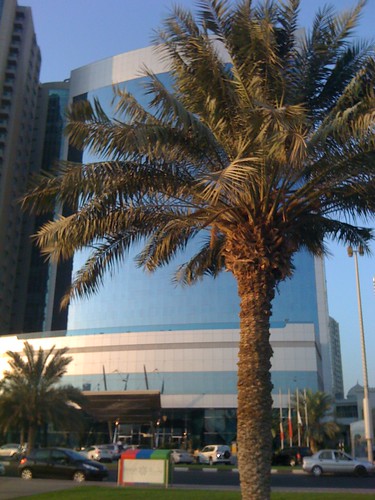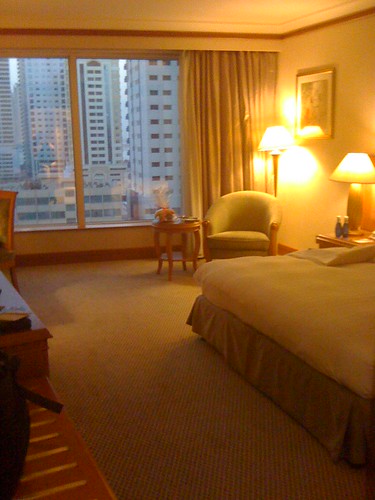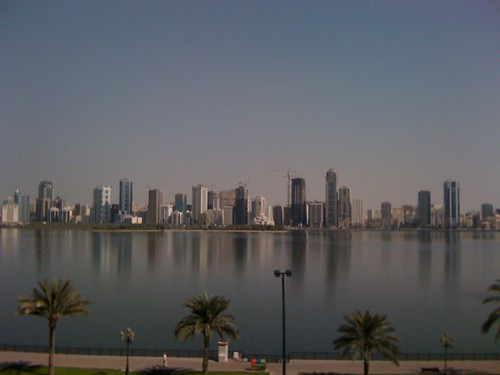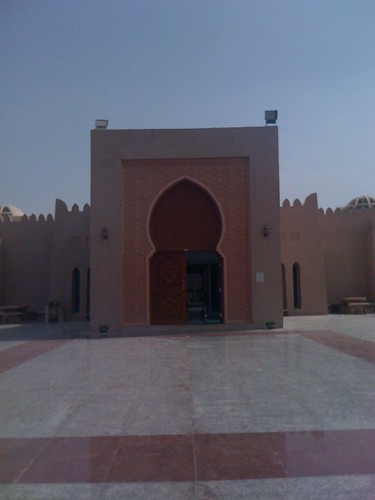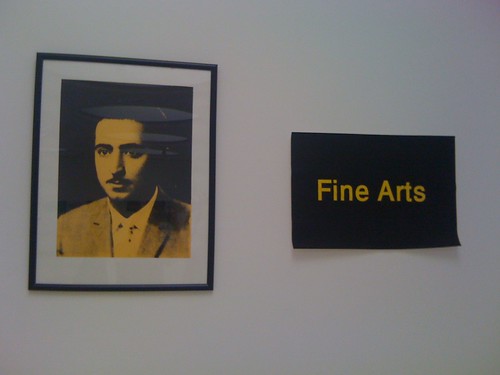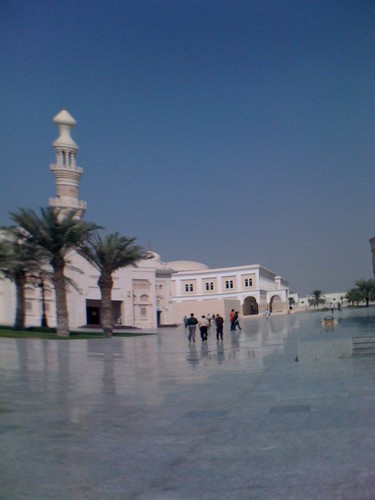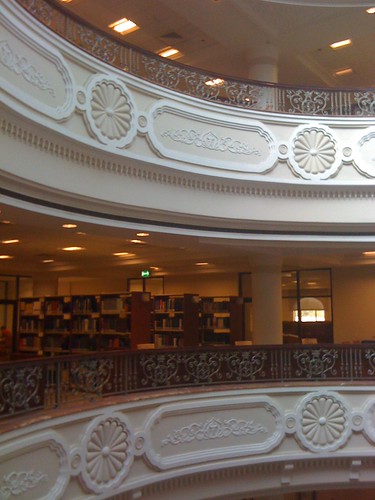“Economic development without culture [books] is like a human without a soul.” – Fathy Al Bas.
A few nights ago I went to a lecture titled ‘Arabian Publishing – the ambition and the reality’ at Sharjah Book Fair. The speaker was Fathy Al Bas, and he took a dim view of where Arabian publishing currently stands.
To summarise:
- Arab publishing is in crisis
- Arabs spend less than 6 mins per year reading
- Output of books from Arab publishers is smaller than the smallest European houses
- It is frightening how small the Arabic publishing industry is
- Arabic publishers put out on average 30-40 titles a year
- The UK publish one book for every 500 people, in the Arab world it’s more like one book per 12000 people.
- Distribution is basically non-existent, and where it exists is badly organised
- Government support is basically non-existent
- Publishers don’t have the money for advertising and Western modes of marketing/talking about books (magazines, reviews etc) are basically non-existent
- Publishers aren’t making any money which means that authors are similarly impoverished
- Culture doesn’t flourish without books
- Epublishing is becoming a major threat to print but there is no money or resources being put into developing this sector in the Arab world
- Culture doesn’t flourish without books and literature. Arabs are being defeated in the economic arena so it is important to be strong in the cultural arena – Arabic leaders should recognise this and support literature and arts initiatives. (He did note that Sharjah is leading the way in cultural and literary development.)
I was shocked at the reading statistic because pretty much everyone I have met here in Sharjah has been very well-read! But it is a Book Fair so perhaps that’s a given.
At the end there was a great question for the speaker from Dania El-Kadi, asking if maybe reading of Arabic books is so low because publishers aren’t putting out what people want to read? She cited the example that sales of English pop fiction in the UAE seems to be flourishing based on the number of bookstores there are, so perhaps Arabic publishers should focus more on popular or modern books than high lit? Unfortunately Fathy Al Bas didn’t really address her question, but she has expanded her thoughts on her blog at Arabic publishing, the reality?
When I had lunch with Amna at AUS the other day, she said that she prefers to write and read in English. Dania agrees that many Arabs are the same, because the written Arabic word feels quite heavy and traditional, and is not modernising in the same way that spoken Arabic is.
Yesterday there was a lecture at the Fair by an agent, Yasmina Jraissati, who also spoke about the failures of Arabic publishing. She said that books weren’t reaching readers due to two main reasons – distribution problems, and diffusion problems, i.e. that there are no forums in which to talk about books. It seems while we in the West bemoan the cuts to review pages in papers, the Arabic world has never really had them to begin with. There is little culture of critiquing writing, which makes the fact that Arab Lit is the only Arabic literary blog now make sense.
Yasmina was speaking at the festival to launch a literary social media platform that she hopes will create a space in which people will start talking about Arabic books – Mubtada Wa Khabar.
The tool is a user-generated site that wants to create an independent, reliable and multilingual one-stop-shop for people interested in reading Arabic books. It comes in English, Arabic and French and will feature news, info and reviews. She really hopes that it will form all sorts of literary connections, not just between readers, but booksellers, publishers and writers.
This is all new and fascinating information for me, and it’s interesting to see this debate play out at the Book Fair, where to my eyes, there are plenty of people reading and engaging with books!
In particular, publishers Bloomsbury Doha and Saqi Books seem to be putting out books by Arab writers that people want to read; and the rise in social media is forming connections and information sharing between readers and writers; and blogs are creating review opps that papers aren’t; so perhaps change is afoot in Arabic publishing…

